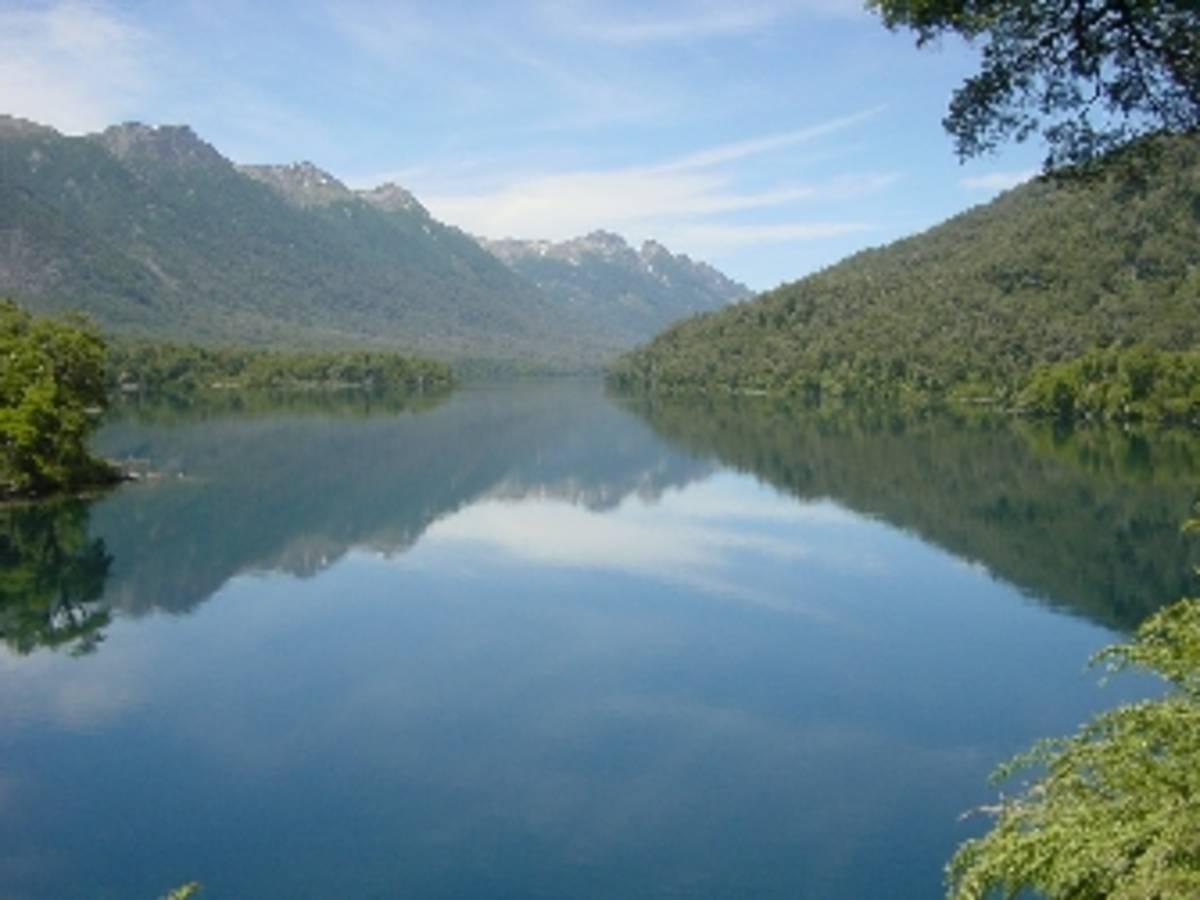NeWater: New Approaches to Adaptive Water Management under Uncertainty
Overview

In the catchment areas of the major rivers, the consequences of climate change play an important role. This requires adaptation of water management, while taking account of all interests that play a role in the catchment areas. In these areas, people should be able to live, work and play safely. Valuable natural habitats should be protected. For farmers, beneficial conditions are required to grow vegetables and keep livestock.
In addition, other issues play a role such as drinking water supplies, energy production and a wide range of local and regional interests. To ensure that river management is climate resistant, water management must take account of risks, vulnerability, resilience and support within the catchment areas. In other words, water management must take account of the adaptations that are necessary to deal with the consequences of climate change.
Objective
NeWater aims to develop expertise to ensure that water management becomes climate-resistant. The research also focuses on the social, economic, spatial, policy, and organisational adaptations that are required in relation to climate change.
Approach
NeWater concentrates on the sub-aspects of current water management that are essential for climate-resistant water management. These aspects are being studied in practice in the catchment areas of the Rhine, the Elbe, the Guadiana, the Tisza, the Amurdarya, the Nile and the Orange.
Some of the aspects NeWater includes are a broad and horizontal participation of interested parties and stakeholders; the integration of water management with the spatial planning process, adaptation of water management to the consequences of climate change and a costbenefit analysis of the measures; a dialogue with interested parties, development of scenarios, modelling and monitoring and innovative methods of storage and buffering.
Results
The NeWater project focuses primarily on the relationships between climate change, water quality, water quantity, land use, the ecosystem and the financial and economic consequences. These insights will be used for the education and training of interest groups in the catchment areas. Some of the deliverables are:
- Estimations of the uncertainties resulting from extreme weather conditions
- Insight into the vulnerability of communities and how organisations deal with the effects of climate extremes on water management
- Concepts and preconditions for a more adapted form of water management that can deal with uncertainties and has methods to support the change process
- An optimisation method for land use that takes account of desired water discharge under given control measures
Follow-up
NeWater opens possibilities to work on a further integration of water management with the spatial planning process, solving conflicts concerning water quality, water quantity and ecology, incorporating the developed expertise in the curriculum, and strengthening the advisory and training components.
Website
Funded by
European Commission, Sixth Framwrok Programme, Priority Global Change and Ecosystems